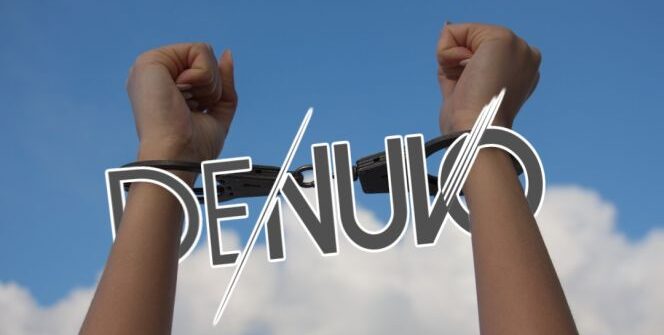Shortly, we’ll see Denuvo DRM in even more games, which increases the system requirements, and has been proven to reduce frame rates on older PCs, while also growing load times dramatically.
Denuvo could be called the modern equivalent of StarForce, as seen in the 2000s. Still, here, the problem is “calling home” instead of installing a rootkit, so even though you play exclusively offline, you need an Internet connection to access the game, which is “protected” by the Irdeto product (sometimes years after the game’s release… by then, Denuvo loses any relevance!), and has been proven to degrade the performance of the PC port in the case of Resident Evil: Village, for example.
Irdeto (they own Denuvo!) has announced the Denuvo SecureDLC. Although it has the word DLC in the name, it seems to focus on free-to-play games. They want to push this on games where the revenue comes from microtransactions. To quote the press release, “While selling additional content is an important revenue stream, it has become easy to bypass the existing barriers that try to secure DLCs on popular gaming platforms like Steam and Epic. By using public and easily accessible tools, players can automatically generate and install programs that access downloadable content without paying for it.”
And what is Denuvo SecureDLC trying to protect?” cosmetic items, new characters, weapons, and power-ups [alongside] significant content updates for a game that are only included in specific versions of the game (like a collectors’ edition) or must be purchased separately.” So they’d like to get even into DLCs so that one (or in the case of Capcom games, two) layers of copy protection aren’t enough. Reinhard Blaukovitsch, the director of Denuvo, will not be quoted here because who cares about his fluff PR talk?
Perhaps they should consider making good games instead of an approach based on excessive, predatory monetisation. Let’s not forget: CD Projekt RED games sold millions of copies without Denuvo. Dying Light also came out without Denuvo and was supported for years by Techland, who then dragged this DRM into the sequel (which they still haven’t taken it out of, so what’s with the “we only plan to use it for the release period”?). If a game is good, the quality of it spreads. But no, they’d rather throw a ton of money at performance-destroying copy protection.
Source: PCGamer
















Leave a Reply